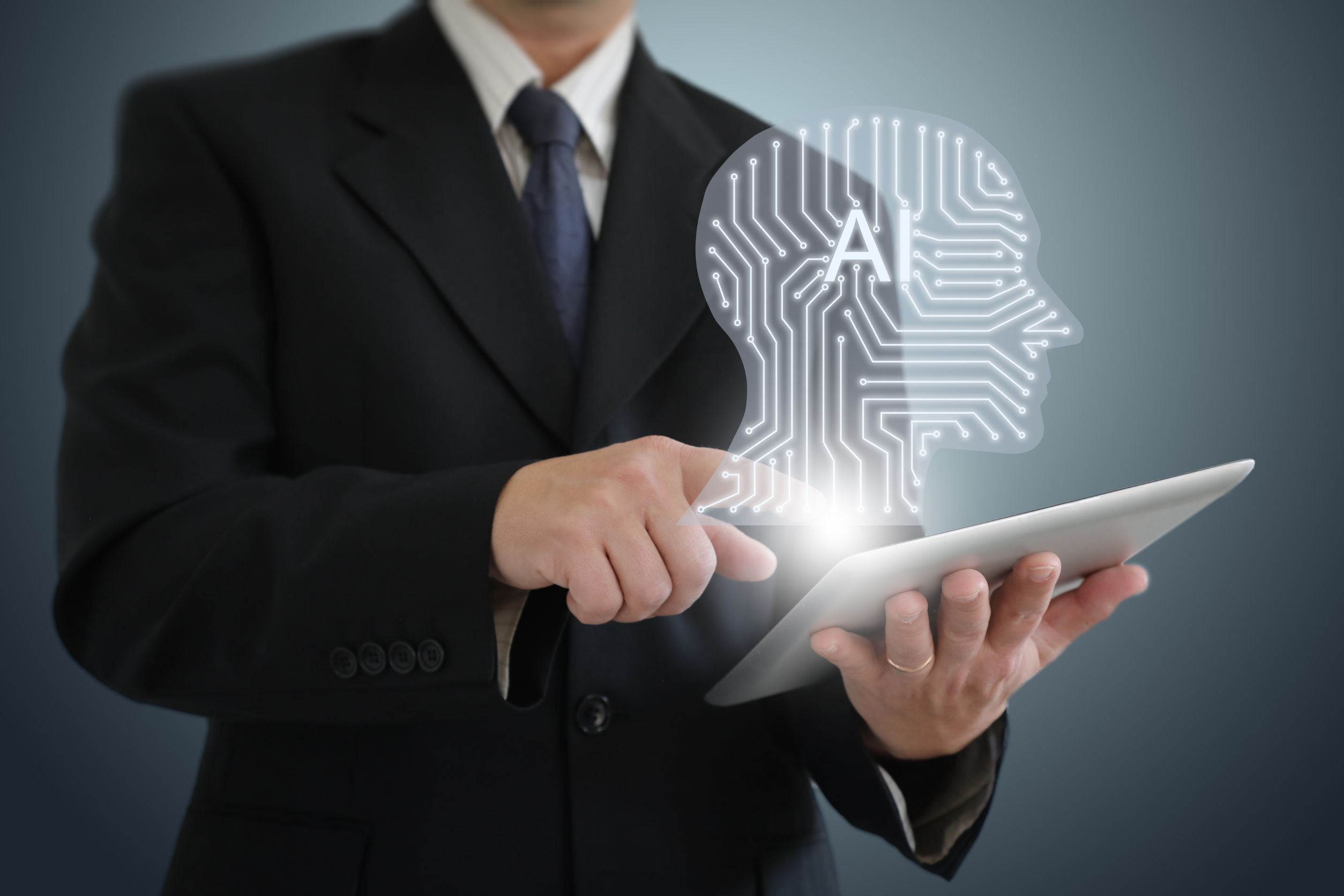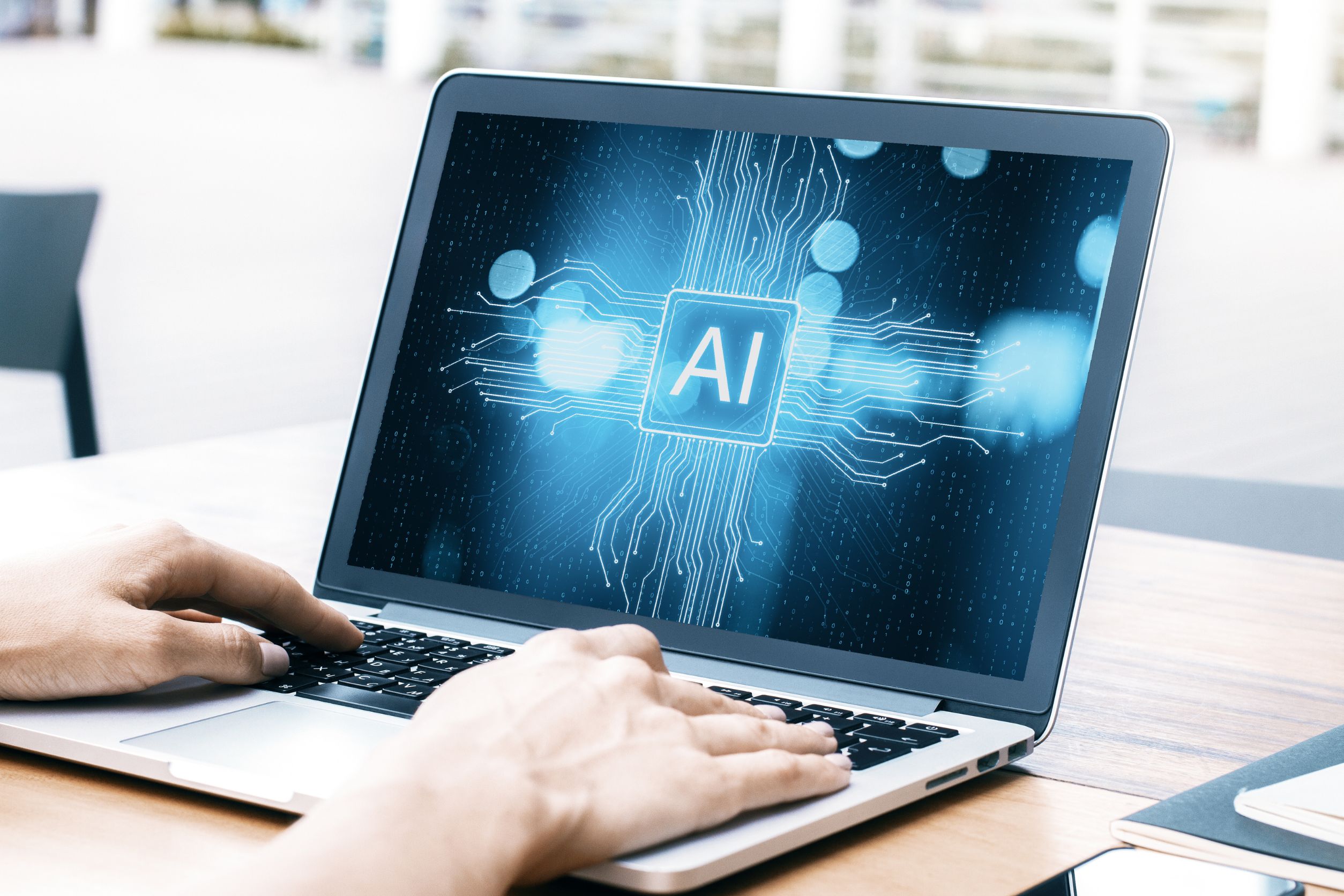Artificial intelligence (AI) is no longer just a sci-fi fantasy—it’s transforming how we work, hire, and even think about careers. From automating repetitive tasks to creating entirely new job categories, AI is shaking up industries worldwide. If you’re wondering how this tech boom might impact you, here’s everything you need to know about its role in the job market.
1. AI Is Automating Routine Tasks
Artificial Intelligence is streamlining jobs by taking over repetitive and mundane tasks. In fields like data entry, customer service, and even medical diagnostics, AI-powered systems can work faster and with fewer errors than humans. Businesses benefit from increased efficiency, while workers can focus on more strategic and creative responsibilities. However, automation does mean that some traditional roles are becoming obsolete. Upskilling and adapting to AI-driven workflows are key to staying competitive.
2. New AI-Driven Jobs Are Emerging
While artificial intelligence is replacing some tasks, it’s also creating brand-new career opportunities. Machine learning engineers, AI ethicists, and chatbot developers are just a few of the roles that didn’t exist a decade ago. Even creative fields are benefiting, with AI-assisted content creation and design tools changing the game. Companies are increasingly looking for professionals who can work alongside AI rather than against it. Learning how to leverage artificial intelligence can open doors to exciting and well-paid careers.
3. Artificial Intelligence Is Changing Hiring and Recruitment
The job-hunting process is evolving thanks to AI-powered hiring tools. Recruiters now use AI-driven applicant tracking systems (ATS) to scan resumes for relevant keywords, speeding up the selection process. Video interviews are being analyzed by artificial intelligence to assess body language and tone, giving employers deeper insights into candidates. While this tech helps streamline hiring, job seekers must optimize their resumes and online presence to align with the newest recruitment practices. Understanding how artificial intelligence filters applications can improve your chances of landing interviews.
4. Reshaping Remote Work
The rise of artificial intelligence tools has made remote work more efficient and accessible than ever. AI-powered project management software, virtual assistants, and collaboration tools help distributed teams stay connected. Businesses can automate administrative tasks, allowing employees to focus on high-value work from anywhere in the world. The flexibility artificial intelligence provides is making remote and hybrid work models more sustainable. As a result, companies are rethinking office spaces and traditional work structures.
5. AI’s Role in Upskilling and Career Growth
With artificial intelligence reshaping industries, continuous learning is more important than ever. Online courses, AI-driven learning platforms, and virtual coaching tools help professionals stay ahead of the curve. Many organizations are investing in AI-powered training programs to equip employees with future-proof skills. Developing expertise in data analysis, coding, and AI ethics can give workers a competitive edge. Embracing lifelong learning is no longer optional—it’s essential in today’s economy.
6. Ethical Challenges and the Future of Work
As artificial intelligence becomes more integrated into workplaces, ethical concerns are growing. Bias in AI-driven hiring algorithms, job displacement, and data privacy issues need careful consideration. Governments and businesses must work together to establish guidelines that promote fairness and transparency. Workers should also be aware of how AI decisions impact their careers and advocate for responsible use. Balancing its benefits with ethical considerations will shape the future of work for generations to come.
Adapting to the New Job Market
AI is revolutionizing the job market in ways we never imagined, and the best way to stay ahead is to adapt. Whether it’s learning new skills, embracing AI-powered tools, or understanding how hiring processes are changing, there’s no denying that artificial intelligence is here to stay. Rather than fearing automation, professionals should see it as an opportunity to evolve and thrive. The future belongs to those who can work alongside artificial intelligence, not against it. So, are you ready to embrace the future of work?
Read More:
12 Scary Dangers of Artificial Intelligence Technology
Why I Choose Dream Jobs Over Stable Jobs




Leave a Reply